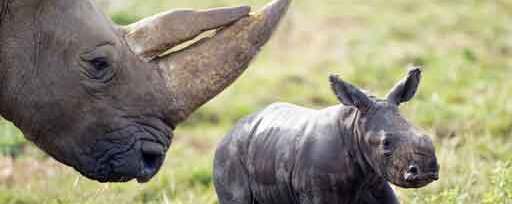Featured Events
X-
- Advanced Search
XNAPHOTOS150794
xnaphotos150794
(111014) -- BEIJING, Oct. 14, 2011 (Xinhua) -- Undated file photo shows Cuijian, the rock musician. Many Chinese rock music fans who went through the 1980s can remember their first encounter with Cui Jian only too well: at a concert commemorating the International Year of Peace held on May 9, 1986, the man showed up on the stage in a mandarin gown and, to the melody of guitar, rocked the Beijing Workers' Stadium with the song "Nothing to My Name", which earned him a place in China's rock'n'roll hall of fame. Born in 1961 in a musical family of ethnic Korean descent, Cui Jian began to learn trumpet at the age of 14 under the guidance of his father and became a trumpeter of Beijing Symphony Orchestra in 1981. In the five years that followed, Cui lived both as a professional trumpeter and an amateur song-writer. His first rock band, the Seven-Ply-Board, was also formed within this period, with the joint effort of six other musicians. In 1987, Cui left the orchestra and joined ADO, an innovative rock band which included a Hungarian bassist and a Madagascan guitarist, who were among the foreigners that introduced reggae, blues and jazz to Beijing. With the help of ADO, Cui released his first real album, "Rock'n'Roll on the New Long March", in which his most renowned song "Nothing to My Name" was also included. In addition to "Rock'n'Roll on the New Long March", Cui and his partners had produced a number of rock hits, including "The Last Shot" (1990), "Balls Under the Red Flag" (1994) and "Show You Colour" (2005). Cui had witnessed both the thriving of Chinese indigenous rock music in the late 1980s, when people saw rock music as a way to express their emotions, and its decline in the mid-1990s, as people's material pursuits became overwhelming during China's gradual shift from a planned economy to a market-oriented one. The decline of indigenous Chinese rock music was exacerbated by increasing openness which led to the entrance of overseas music, particularly pop music from Taiwan and Hong Kong. Confronted with such decline, Cui, dubbed "the godfather of Chinese rock", did not give up. He expanded his career by holding concerts worldwide. He added rap elements to his music to describe the changes China had gone through in the last few years of the 20th century. He even initiated the Anti-Lipsyncing Movement in 2002 in order to raise public awareness of the lip-sync phenomenon that blighted China's music industry. "The movement is purely out of self-defence," said Cui. He suggests that he will persist in the movement until the music industry revitalizes. He would have been glad to hear the new page in China's rock music opened by the Midi Modern Music Festival, started as a school festival in 2000, is now hailed as China's Woodstock Festival. Cui Jian's continued contribution to the development of rock music in China won him in 2000 the Prince Claus Award, an award presented annually by the Amsterdam-based Prince Claus Fund to individuals or groups with outstanding achievement in culture and development. "For quite a long time I would listen to Cui Jian any time I had the intention and need to make me feel my soul; it was as if my soul had existed within the notes of his music, concrete only via his vocals and melodies, like to cigarettes only to be lit by fire," wrote Wangshuo, a Chinese author, after Cui was given the award. Cui analogizes the stage to the battlefield of rock singers. "As far as I am concerned, the best way to die is to die on the stage, neither on bed nor in the sofa at home," he said. (Xinhua) (lmm)
Location:
BEIJING, , CHINA
Post Date:
Oct 14, 2011 11:47 AM
TAG ID:
xnaphotos150794 (RM)
Credit:
Xinhua / Xinhua News Agency/Newscom
Format:
2000 x 2549 Color JPEG
Photographer:
Xinhua
Keywords:
ce
Release Status:
No Model Release, No Property Release
Please submit a licensing request for pricing on this usage.











